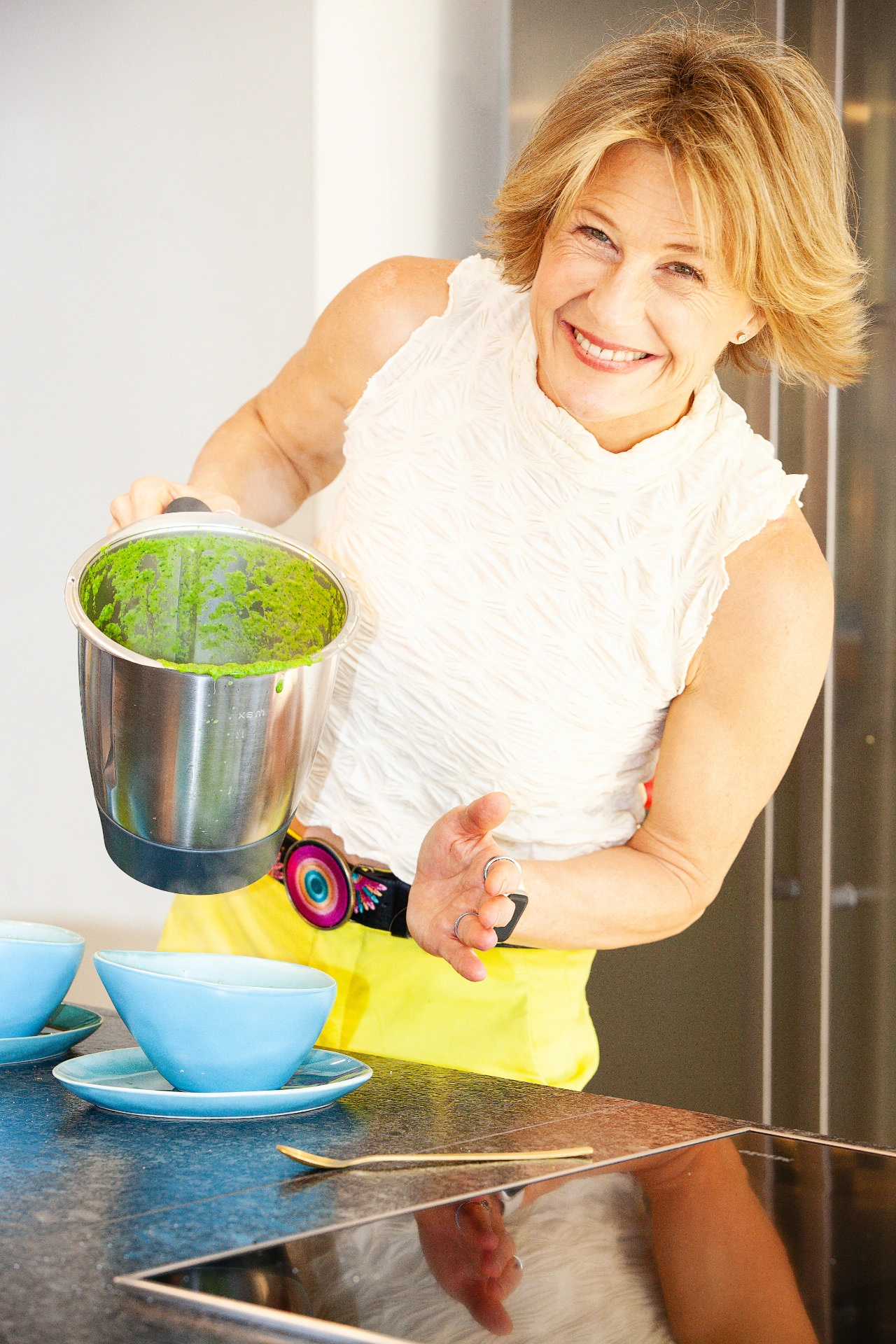
The benefits of Vitamin C
Vitamin C has so many functions in the body because it acts as a cofactor, supporting a number of enzyme reactions in the body. This is why it can benefit us in so many different ways.
Interestingly, most animals on the planet can generate their own vitamin C and do not rely on food sources. However, a number of animals lack the enzyme necessary to make vitamin C, including humans, fruit bats, guinea pigs and primates. As humans, we need to consume our vitamin C in the form of fruits and vegetables. While the recommended daily amount for a UK adult is around 40mg / day (according to the NHS), some animals can produce thousands of micrograms every day.
Vitamin C is a powerful antioxidant
As an antioxidant, vitamin C plays an important role in protecting our body from harm by free radicals. Free radicals are unstable molecules that can damage body cells, skin cells or our DNA. Free radicals can be a bi-product of our own metabolic processes, but many are external and include cigarette smoke, pollutants, ozone or burnt food. Vitamin C effectively mops up the troublesome free radicals and renders them safe.
Vitamin C does not work as a lone-ranger, instead this vitamin works with other antioxidants to perform this function, such as vitamin E.
Vitamin C therefore protects our tissues from early damage.
Vitamin C helps us to make collagen
Vitamin C is vital for collagen synthesis (creation). Collagen provides our tissues with structure, strength and support, and sometimes elasticity. The body makes different types of collagen, depending on where it is found in the body. As we get older, we can make less collagen than in our younger years. We might notice this in our skin, as we see more fine lines and wrinkles or in our tissues if we find we are getting injured more easily. Collagen is also found in our cartilage, bone matrix, skin, tendons, arteries and ligaments.
Vitamin C’s importance for collagen production was discovered in the mid 1850’s following the death of sailors to the vitamin C deficiency disease scurvy, which was very common in sailors during the 16th -18th centuries. Symptoms of scurvy were caused by a breakdown in the body’s collagen, leading to gum disease, tooth loss, poor wound healing, and skin damage. The introduction of lime juice into the sailors’ diets, quickly resolved this serious health issue, giving British sailors the nickname ‘Limeys’.
Vitamin C helps to strengthen our immunity
Vitamin C can support our immune system in multiple ways. Firstly, it encourages the production of white blood cells, such as neutrophils which protect our body from infection. Having low levels of vitamin C may lead to us being more susceptible to infections, whether bacterial or viral in nature.
It helps to reduce anaemia
Vitamin C promotes iron absorption in the body and increases our uptake of iron from our food. If taking iron supplements, it is always a good idea to make sure we are consuming sufficient vitamin C in our fruits and vegetables at the same time or in supplement form. Eating a kiwi or an orange with your iron rich meal, may help you absorb a little more iron from your meal.
Vitamin C supplements
Most supplements of vitamin C start in doses of 500-1000mg. Consuming more than 2000mg daily can lead to diarrhoea and nausea in some people, especially if taken in one dose.
Vitamin C is considered a safe supplement to take and is usually well absorbed by the body. It is also water soluble, which means we cannot store it and excrete any excess vitamin C in our urine.
Some supplements are considered time-released to improve their overall absorption, others may contain bioflavonoids which again may further improve absorption.
About the Author, Dominique Ludwig, Nutritionist MSc and Nutritional Therapist mBANT
Dominique Ludwig is an accomplished Nutritionist MSc., and Nutritional Therapist who is also BANT, CNHC and AFMCP accredited. Dominique works in numerous health conditions using a personalised nutrition approach.She specialises in her signature group programmes Renew Reset Recharge® programme and The Triple 30 Plan and runs a busy clinic in the heart of the South Downs where she works with her private clients as a Nutritional Therapy Practitioner, offering personalised Renew Reset Recharge® appointments.Dominique is also a double award-winning nutritionist. Dominique has over 30 years’ experience as a King’s College, London qualified Nutritionist and almost 20 years as a registered Nutritional Therapist.
Dominique works with many high-profile and A-list clients, known and respected for her discretion, expertise, and trustworthiness. Dominique works out of her own busy practice, Dominique Ludwig Nutrition Limited, in Hampshire as well as Meyer Clinic in Chichester. Dominique has helped over a thousand clients, globally, live healthier lives. She is a regular contributor to The Times, The Sunday Times and Times 2, Sheerluxe, Top Sante and many other magazines and podcasts.
DISCLAIMER:
Features published by Dominique Ludwig are not intended to treat, diagnose, cure or prevent any disease. Always seek the advice of your GP or another qualified healthcare provider for any questions you have regarding a medical condition, and before undertaking any diet, exercise or other health-related programme. Please refer to our Terms and Conditions and Medical Disclaimer for more information as well as our Webiste Terms and Conditions.





